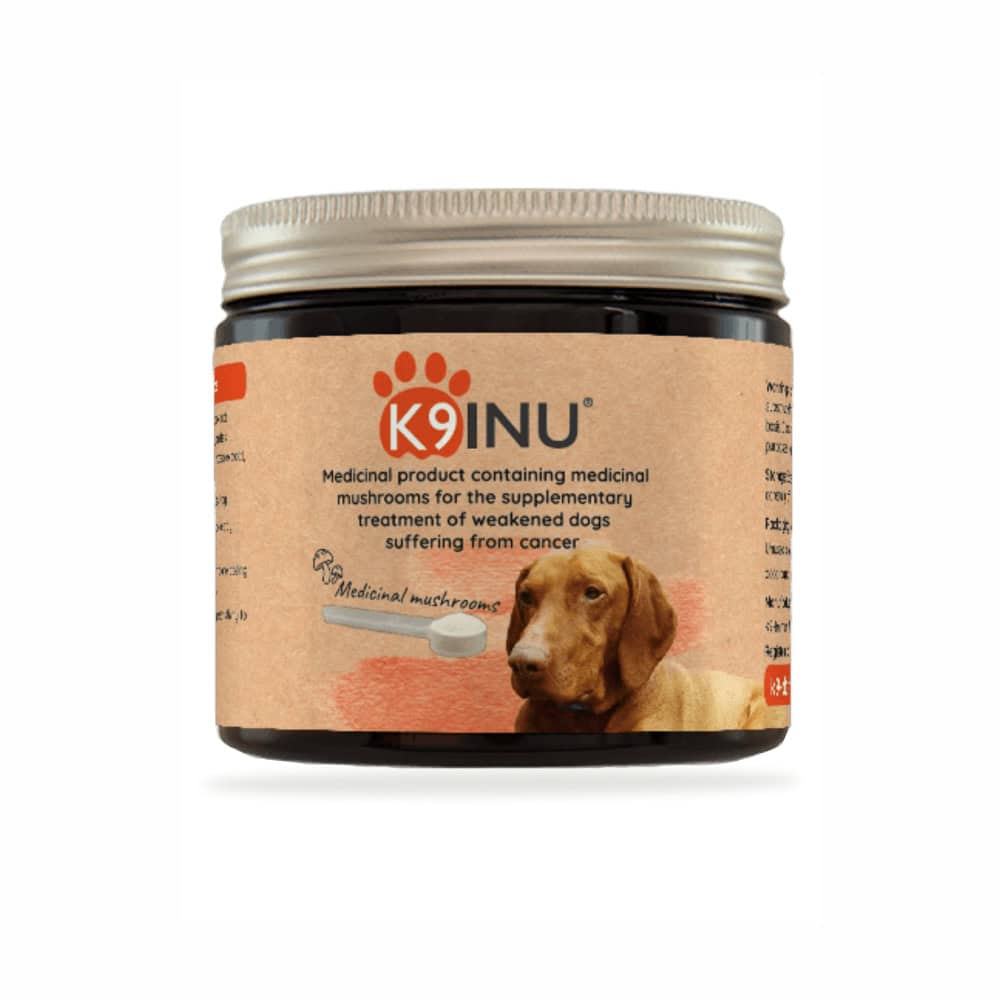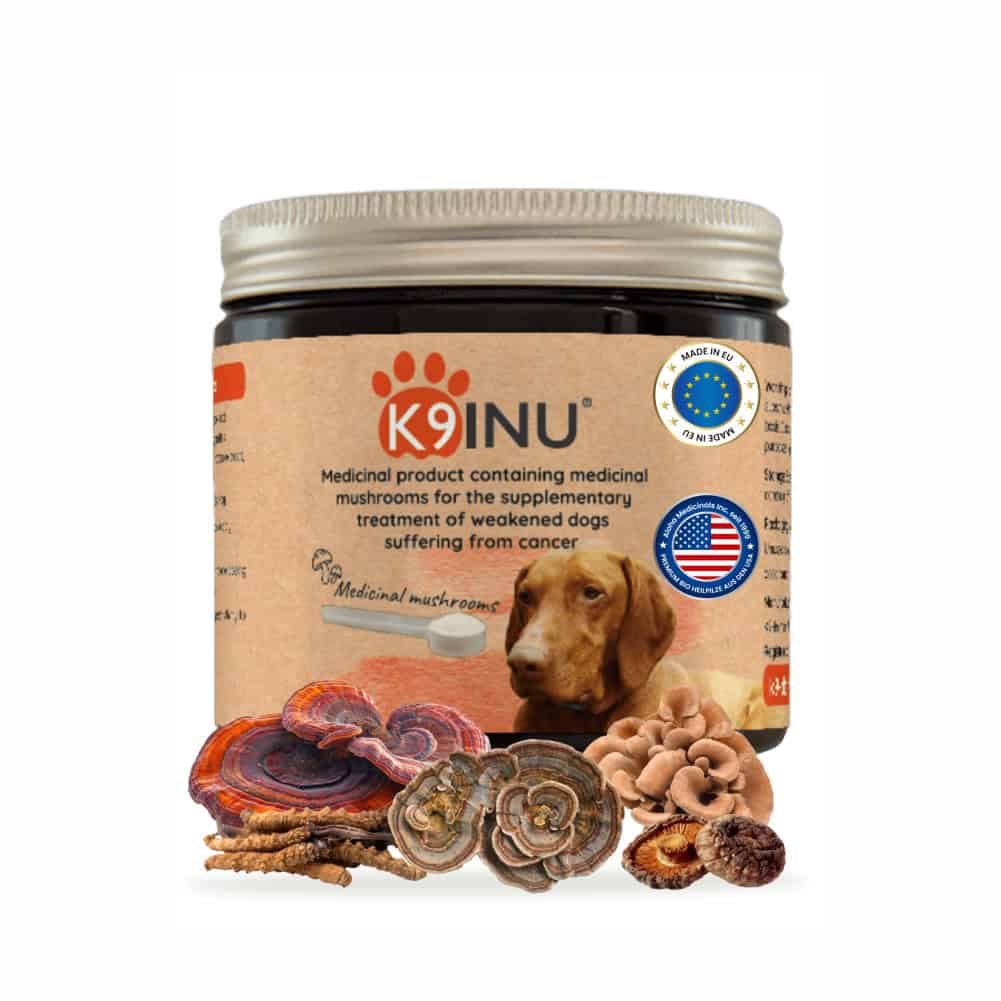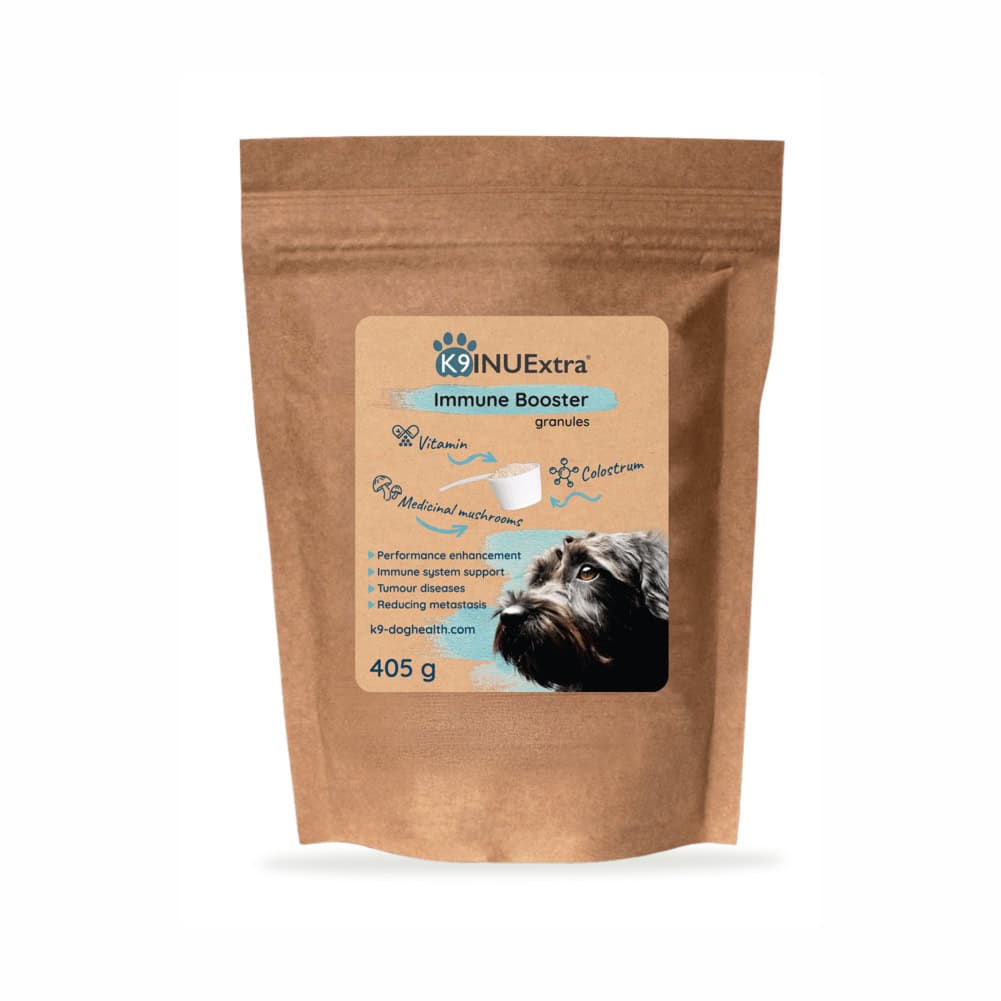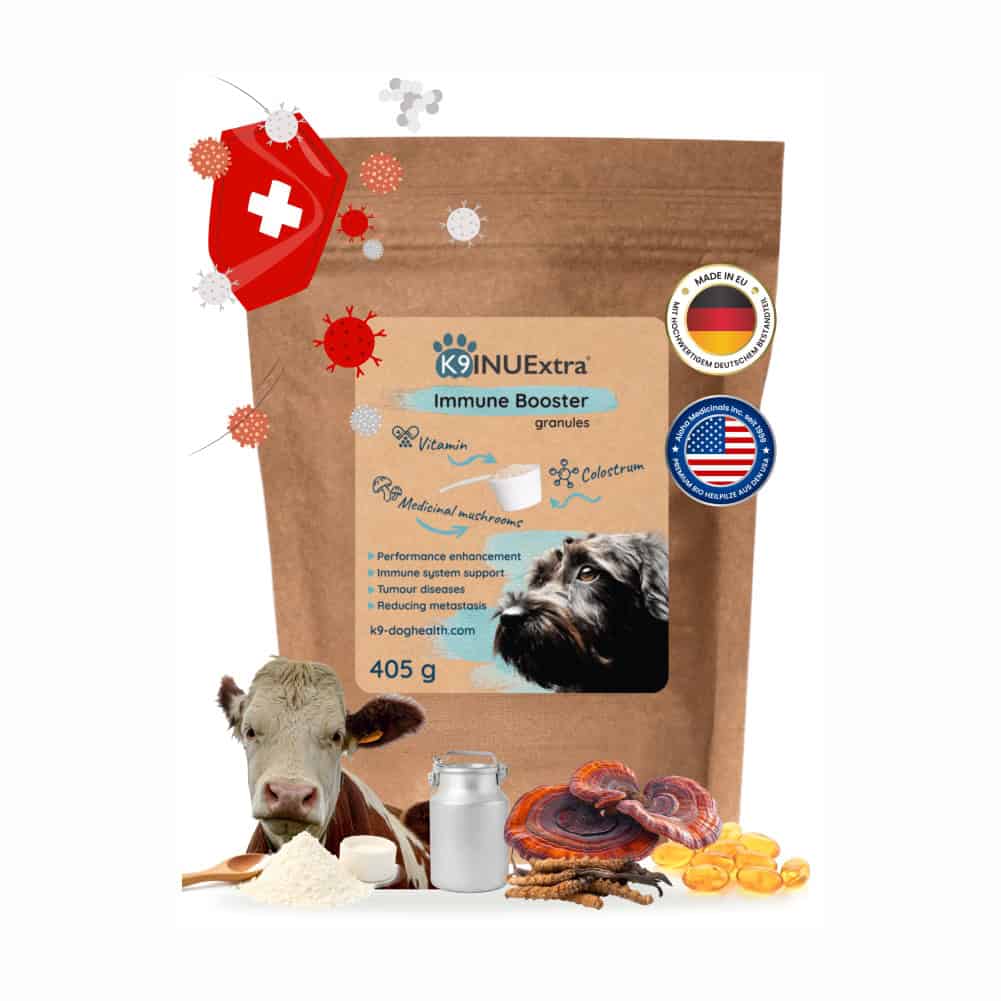Kennel Cough – The Social Doggy Disease
Although kennel cough is not among the most severe dog diseases, it can cause prolonged annoyance for both the owner and the furry friend.
In this article, we will go through the basic information about this condition, which typically occurs in autumn and winter, discussing its treatment and prevention options.
What exactly is kennel cough?

Why does it have “kennel” in its name?
The disease is often observed among dogs living in crowded conditions, attending dog shows, or visiting dog kennels, hence the name.
Which pathogens can cause it?
- Group 2 adenoviruses
- Canine coronavirus
- Parainfluenza virus
- Two bacteria: Pasteurella multocida and Bordetella bronchiseptica.
However, encountering these viruses does not necessarily mean a dog will get sick. In most cases, dogs’ immune systems can defeat these pathogens. There are situations in our pets’ lives where they are more prone to getting sick. Young, very old, chronically ill, or cancer-stricken pets fall into the higher-risk category. Dogs living in crowded conditions or those on lower-quality diets are also more susceptible to kennel cough.
However, it’s essential to differentiate between a simple cold and kennel cough. The symptoms are quite similar, making it challenging even for veterinarians to diagnose. While a common cold often involves a red throat and mucus in the throat, these symptoms are not typical for kennel cough.
What are the symptoms?
- Prolonged, spasmodic, dry cough
- Coughing often leads to retching
- Enlarged tonsils/lymph nodes
- Reduced appetite
- Occasionally, fever may occur
How can kennel cough be diagnosed?
During a general medical examination, the veterinarian will listen to your pet’s heart and lungs. Then, a so-called tracheal sensitivity test can be performed. Additionally, a sample from nasal discharge can be sent to the laboratory for cultivation, helping to identify the specific pathogen.
However, in many cases, the veterinarian can determine whether it is a simple cold or kennel cough based on the symptoms described by the owner and the sound and characteristics of the cough.
How to treat it

If the pet shows only very mild symptoms, rest and its immune system may be sufficient to overcome kennel cough.
The most crucial aspect is for the owner to rest the dog. No playing in the dog park, no extensive hikes, no frantic running after a ball. During the recovery period, take the pet only for the necessary bathroom breaks.
In such times, it’s beneficial to have a Kong dog toy filled with treats, which you can get from the Dog Food Store. This can help mentally tire out your dog during the resting period.
How to prevent kennel cough?
What a responsible owner can do for prevention: strengthen the immune system!
Fortunately, there are many products available today to strengthen our pets’ own defense systems! Check out our immune-boosting products, which can provide solutions for a proper prevention.
Do not forget the most important factor: everything is based on proper nutrition! Avoid low-quality, multi-flavored, and colored foods. Also, pay attention to your dog’s weight and ensure an adequate amount of exercise!
All these factors contribute to ensuring that your dog’s immune system can best fight against kennel cough during the cold months!
Vaccination against kennel cough
As mentioned above, kennel cough is generally not specifically caused by one but by a combination of viruses and/or bacteria. The combined vaccine usually includes an active ingredient against the parainfluenza virus, which is most commonly problematic. This can be complemented with a type of vaccine if your pet frequently interacts with other dogs, such as attending dog shows or staying at a dog kennel. This additional vaccine targets the Bordetella bronchiseptica bacterium.
Both types of vaccines are effective for one year, so it is necessary to repeat them annually for continued protection.
Fortunately, in most cases, kennel cough is a disease with mild symptoms that can be prevented with a little attention from the owner. Start boosting immunity before the onset of the cold season, and with luck, your pet will sail through kennel cough with just a bit of rest!
For more popular content, visit our articles page. Click on our products page if you are interested in them.
Or see which product can strengthen your dog’s immune system.






